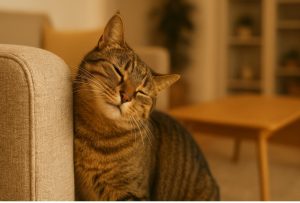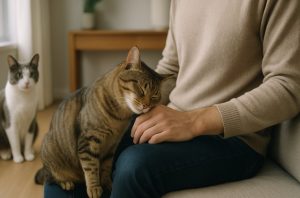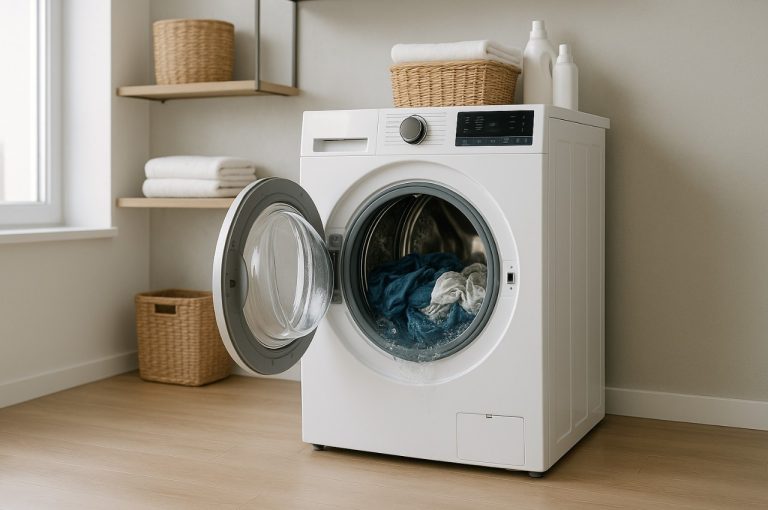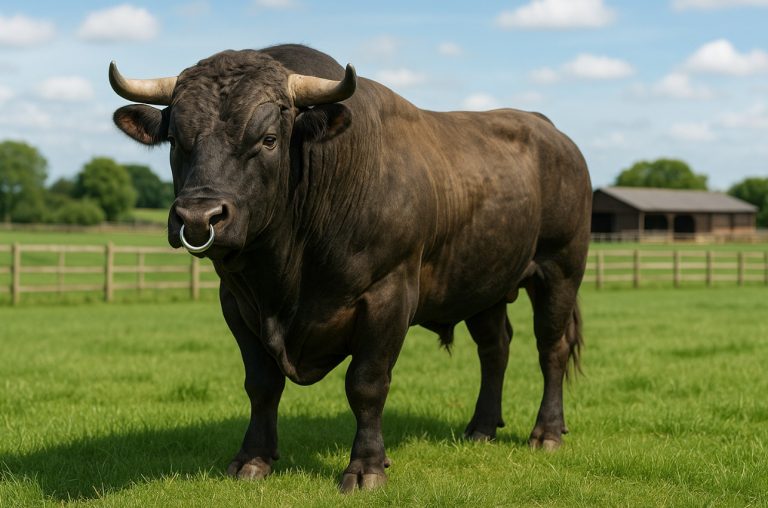Have you ever asked yourself, “Why does my cat keep headbutting me?” It might seem odd at first being gently nudged in the head by a purring ball of fur but rest assured, this behaviour, known as “bunting”, is a powerful expression in feline language.
Far from being random, cat headbutting is a multi-layered communication tool that speaks volumes about how your cat feels about you. From scent marking to social bonding and even self-soothing, each bump is a window into your cat’s emotional world.
What Does It Mean When a Cat Headbutts You?
Cats headbutt as a way to bond, communicate, and mark their environment, including their favourite humans.
Known scientifically as feline bunting, this behaviour involves the use of scent glands located on a cat’s cheeks, chin, and forehead specifically around the ears.
Scent Marking and Familiarity

When your cat gently presses its head against you, it’s depositing pheromones chemical scent markers you can’t detect, but other cats can.
These signals say, “You’re safe, and I trust you.” In a cat’s mind, marking you this way incorporates you into their colony scent, a collective smell that fosters a sense of security.
Creating a Social Bond
In multi-cat households or wild colonies, cats bunt each other to form social bonds. It’s part of how they develop and maintain relationships.
When your cat does the same to you, it’s essentially treating you like one of its own. That gentle bump is an invitation into its inner circle.
Variations in Headbutting
Not every cat headbutts the same way. Some give strong nudges, while others offer light touches. Regardless of the strength, the intention remains the same: comfort, connection, and scent sharing.
Why Do Cats Use Headbutting to Show Affection?
Headbutting is one of the most sincere expressions of feline affection. It’s how a cat might say, “I like you. You’re part of my world.” Let’s break down the specific emotional motivations behind this behaviour.
Trust and Emotional Security
A cat that headbutts is often a confident, emotionally secure feline. Headbutting usually comes with soft purrs, half-closed eyes, and relaxed posture, signs that your cat is content.
It might even flop over afterwards or lean into you for more interaction.
Seeking Connection or Comfort
Cats don’t just do this to humans, they’ll bunt objects like furniture, door frames, and even other pets. It helps them spread their scent throughout familiar surroundings, reinforcing a sense of home and emotional well-being.
When cats rub against items or people, they are crafting a comfortable, emotionally stable environment.
Attention-Seeking Behaviour
Sometimes, your cat might headbutt, followed by rubbing, vocalising, or circling your legs. These are classic signs of wanting attention. Cats love head and chin scratches, and they might simply be presenting their face for a petting session.
Self-Soothing Through Scent
Interestingly, cats also headbutt objects when alone. This solitary bunting serves a different function; it helps them self-soothe.
The pheromones released provide reassurance, similar to how kneading or curling up in a small space makes them feel safe.
Could My Cat’s Headbutting Mean Something Else?

While headbutting is almost always a positive sign, not every instance of it should be taken at face value. It’s important to distinguish healthy headbutting from behaviours that may signal something more serious.
Headbutting vs. Head Pressing
Be careful not to confuse headbutting with head pressing. Head pressing is a troubling behaviour where a cat compulsively pushes its head into hard surfaces like walls or corners.
Unlike bunting, this posture often appears unnatural, and the cat may show signs of discomfort, such as:
- Disorientation or vision issues
- Lethargy or pacing
- Signs of self-injury
If your cat exhibits this kind of behaviour, it may be suffering from a neurological issue, liver disease, or another medical condition. Immediate veterinary attention is essential in such cases.
Change in Behaviour
If your cat used to headbutt but has stopped entirely, or now avoids contact altogether, it may indicate discomfort or illness. Other signs to watch include:
- Reduced appetite
- Grumpiness or hiding
- Changes in grooming habits
A sudden change should never be ignored consult a vet if you notice any concerning symptoms.
Is It Normal for All Cats to Headbutt?

Headbutting is a common form of feline communication, but it’s not universal.
Whether your cat is a prolific headbutter or never engages in the behaviour at all depends on personality, socialisation, and even dominance status within a household.
Individual Differences in Behaviour
Confident and dominant cats tend to bunt more forcefully and frequently. They often take the lead in establishing the colony scent, especially in homes with multiple pets. Timid or anxious cats may avoid headbutting altogether, preferring other methods of affection like:
- Slow blinking
- Sleeping near you
- Kneading or curling up in your lap
Don’t Worry If Your Cat Doesn’t Do It
Just because your cat doesn’t headbutt doesn’t mean it doesn’t love you. Every feline has its own love language. What matters is understanding how your cat chooses to bond and responding in kind.
Frequently Asked Questions
Why does my cat headbutt me and then walk away?
This often means your cat is marking you as familiar and safe but doesn’t necessarily want prolonged interaction just reassurance.
Do cats headbutt other animals too?
Yes, cats often headbutt other cats, dogs, or even rabbits to signal affection and shared scent bonding.
Is it safe to return a cat’s headbutt?
Generally, yes if your cat enjoys it. Some cats respond positively to gentle contact or even a light “boop” back.
Why does my cat only headbutt me and not others?
You may be your cat’s favourite human or the one it trusts most. Headbutting is often reserved for special people.
Can kittens headbutt too?
Absolutely. Kittens learn headbutting from their mothers and siblings as a bonding tool from a young age.
My cat used to headbutt but stopped. Should I worry?
Yes, especially if this change is accompanied by other symptoms. It might signal illness or emotional distress.
Should I be concerned if my cat headbutts a lot?
Not usually. It means they’re comfortable. However, if paired with changes in behaviour, it’s worth observing closely.






